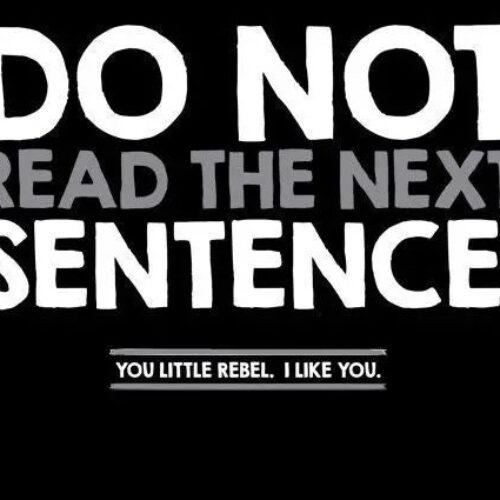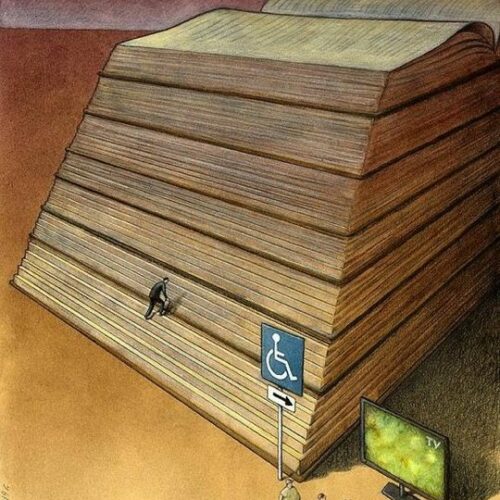14 Texts for the Cynics, the Hopeful, and the Politically Unmanageable
So you’ve dutifully highlighted your Arendt and dog-eared your Alinsky. Congratulations. But the machinery of injustice keeps grinding, faster and more bizarrely every day, and your well-thumbed classics feel like they’re missing a page. This list isn’t for beginners; it’s for the disillusionists. For those who know that understanding power requires more than a historical survey or an organizing manual – it demands a deep, uncomfortable dive into the philosophy of dissent, the aesthetics of resistance, and the weird, wired zeitgeist we’re trapped in. These are texts for those who want to break the cycle, not just protest it. They are theoretical weapons, diagnostic tools, and lifelines for the over-it and under-impressed. Read them to stop fighting the last war and start understanding the current, deeply strange one.
1) How Nonviolance Protects the State (2007) by Peter Gelderloos
Why Now: The essential critical text challenging the dogma of nonviolence within leftist movements. It provides a radical framework for understanding protest tactics, movement diversity, and the state’s co-opting of pacifism, crucial for any strategic debate today.
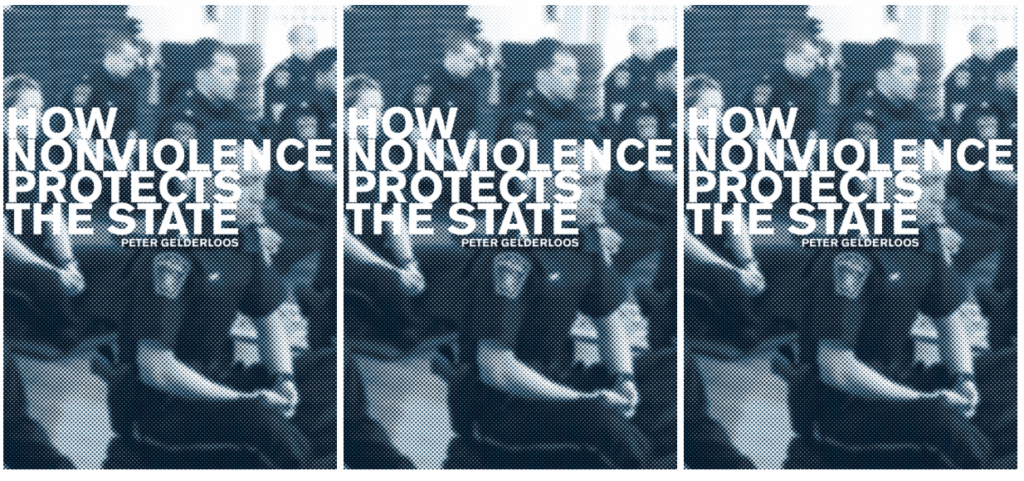
2) Assata: An Autobiography (1987) by Assata Shakur
Why Now: More than a memoir, it’s a foundational text on the lived experience of being targeted by the state (COINTELPRO) and a philosophical treatise on Black liberation. Its lessons on resilience, ideology, and survival are perpetually relevant.
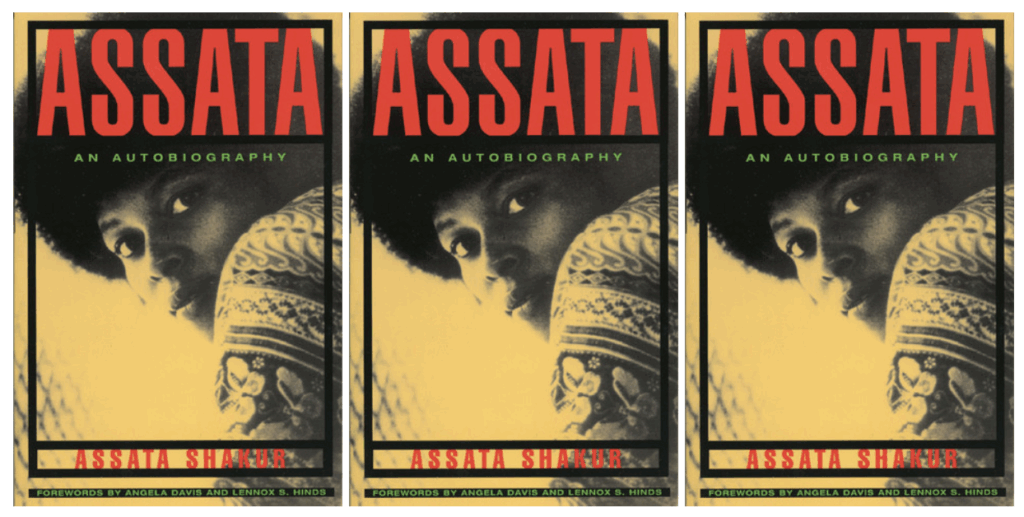
3) Against Interpretation and Other Essays (1966) by Susan Sontag
Why Now: Sontag’s call to recover our sensory, erotic connection to art over dry intellectual “interpretation” is a vital weapon against a culture of cynical takes and algorithmic content. It’s a rebel’s guide to feeling deeply and resisting the numbing of capitalism.
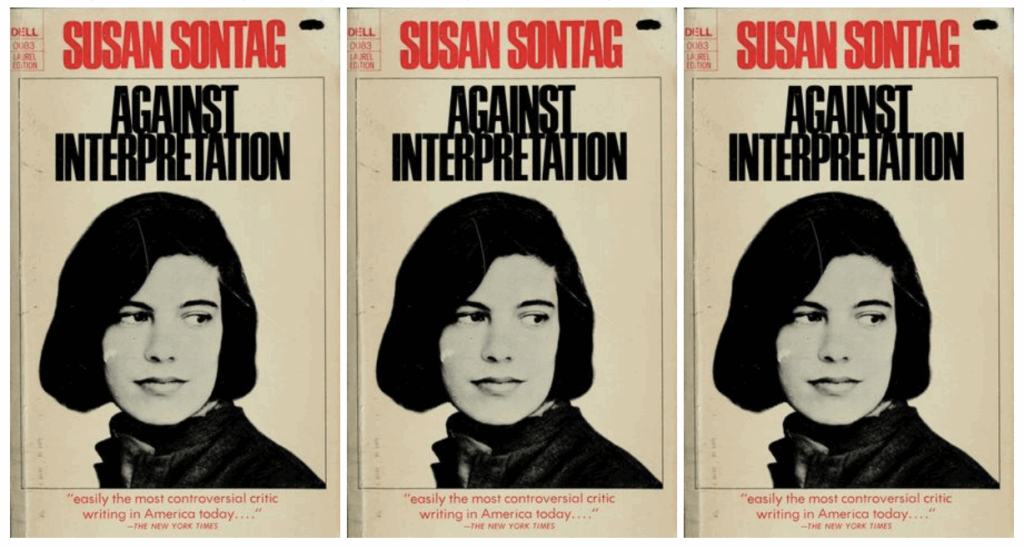
4) The Shape of Time: Remarks on the History of Things (1962) by George Kubler
Why Now: An obscure but profound art history book that introduced concepts like “prime objects” and “linked solutions.” It’s a secret handbook for understanding how cultural and political change happens in connected sequences, not isolated events – perfect for analyzing movement trajectories.
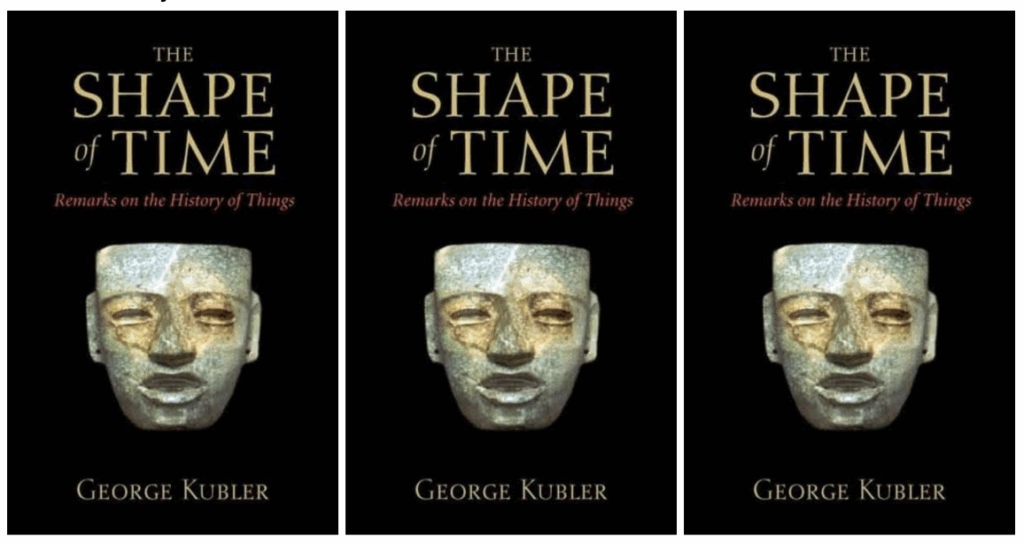
5) How We Walk: Frantz Fanon and the Politics of the Body (2024) by Matthew Beaumont
Why Now: This brand-new work reframes walking as a political act, from the militant march to the defiant stroll. It connects bodily autonomy, public space, and collective power in a way that speaks directly to the era of protests, marches, and reclaiming the streets.
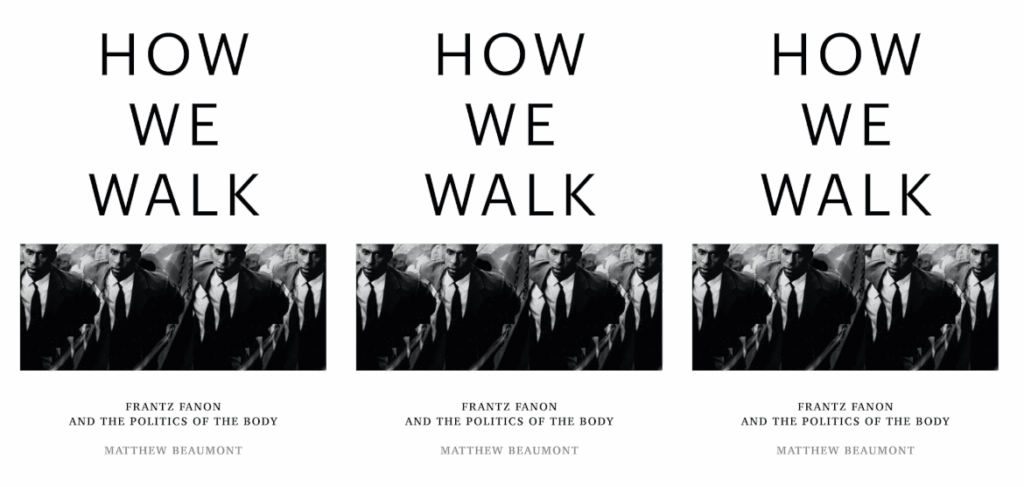
6) The End of Solitude: Selected Essays on Culture and Society (2002) by William Deresiewicz
Why Now: This collection brilliantly diagnoses our crisis of attention, authenticity, and community in the digital age. It’s essential for understanding how capitalism and technology fracture the self, making the rebuilding of genuine connection a primary political task.
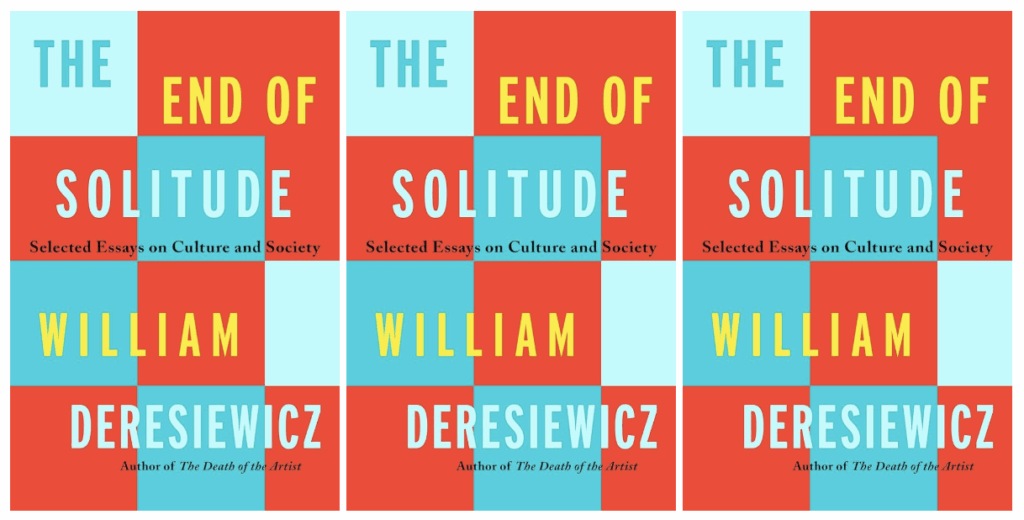
7) Cute Accelerationism (2024) by Amy Ireland & Maya B. Kronic
Why Now: Replacing online ephemera with a formal treatise, this text weaponizes the most insidious aesthetic of late capital, ‘cuteness’, proposing its hyper-exaggeration as a strategy to violently rupture the symbolic order. It is a perverse, ironic, and terrifyingly logical manifesto for the post-ironic age.
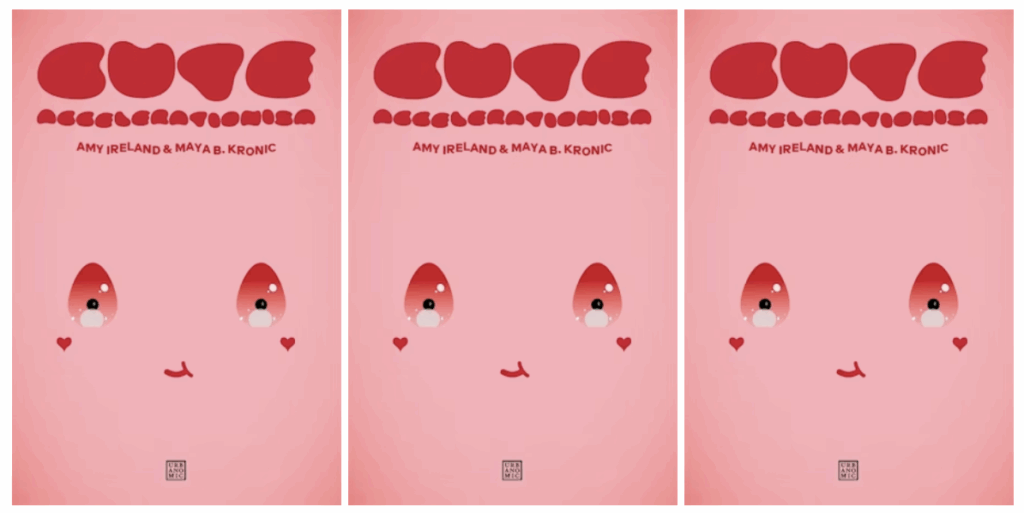
8) The Undercommons: Fugitive Planning & Black Study (2013) by Fred Moten & Stefano Harney
Why Now: A difficult but revolutionary text arguing for operating within but against systems (the “undercommons”). It champions “fugitive planning” and “study” over recognized, institutionalized resistance. Hugely influential for those rethinking organization beyond non-profits and NGOs.
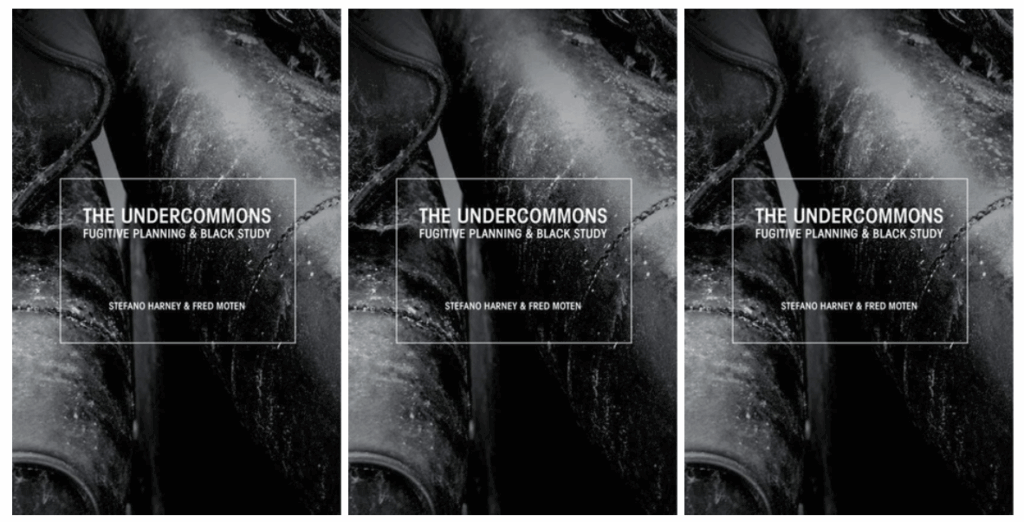
9) Horizontalism: Voices of Popular Power in Argentina (2006) by Marina Sitrin
Why Now: A crucial oral history of the post-2001 collapse Argentine movements that practiced horizontalidad (horizontalism), leaderless, direct democracy. It’s a practical and inspirational guide to prefigurative politics, showing how to build the new world in the shell of the old.
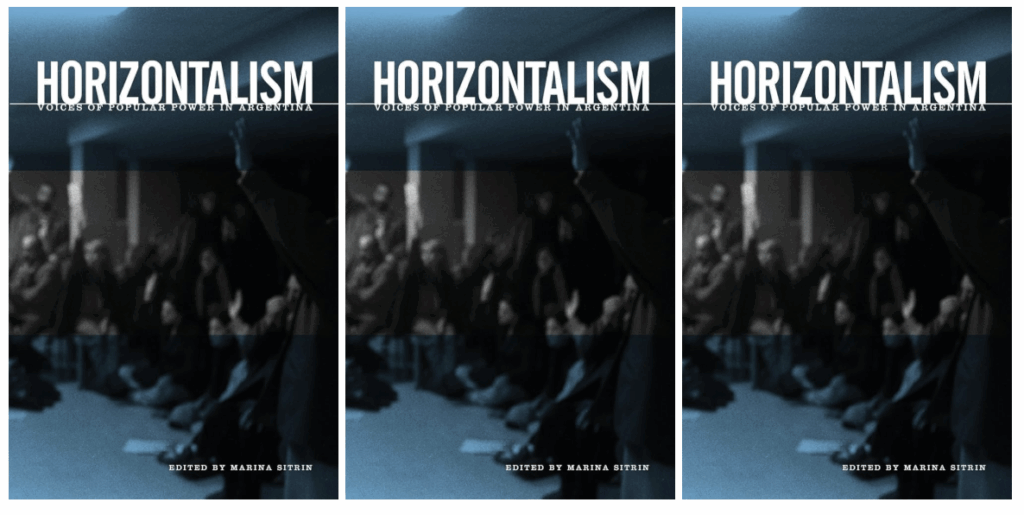
10) We Do This ‘Til We Free Us: Abolitionist Organizing & Transforming Justice (2021) by Mariame Kaba
Why Now: While Kaba is becoming better known, this collection of essays and interviews is the most practical and accessible guide to abolitionist organizing. It moves theory into actionable steps, focusing on community accountability, transformative justice, and hope as a discipline.
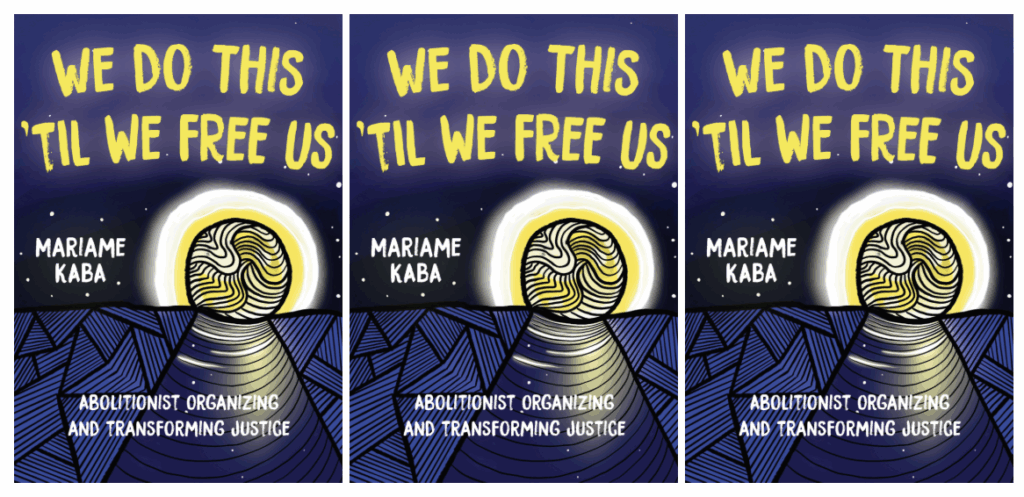
11) The Revolution Will Not Be Funded: Beyond the Non-Profit Industrial Complex (2001) by INCITE!
Why Now: This collection of essays is a foundational critique of how social justice movements are neutralized and depoliticized by their reliance on foundation grants and the non-profit model. It’s essential reading for anyone building sustainable, radical institutions outside of traditional funding streams.
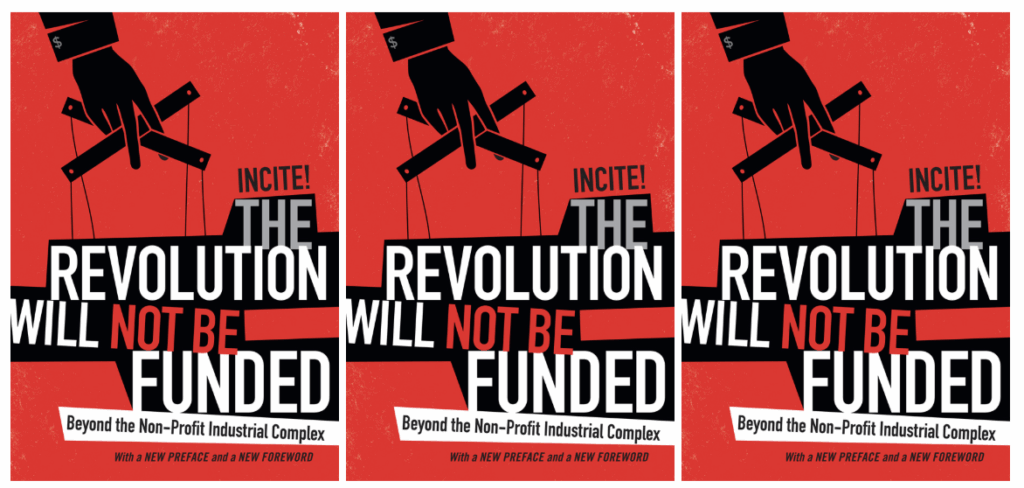
12) Border and Rule: Global Migration, Capitalism, and the Rise of Racist Nationalism (2021) by Harsha Walia
Why Now: A modern, comprehensive analysis that connects climate crisis, border imperialism, capitalism, and white supremacy. Walia provides a global framework that is indispensable for understanding and organizing around migration justice today.
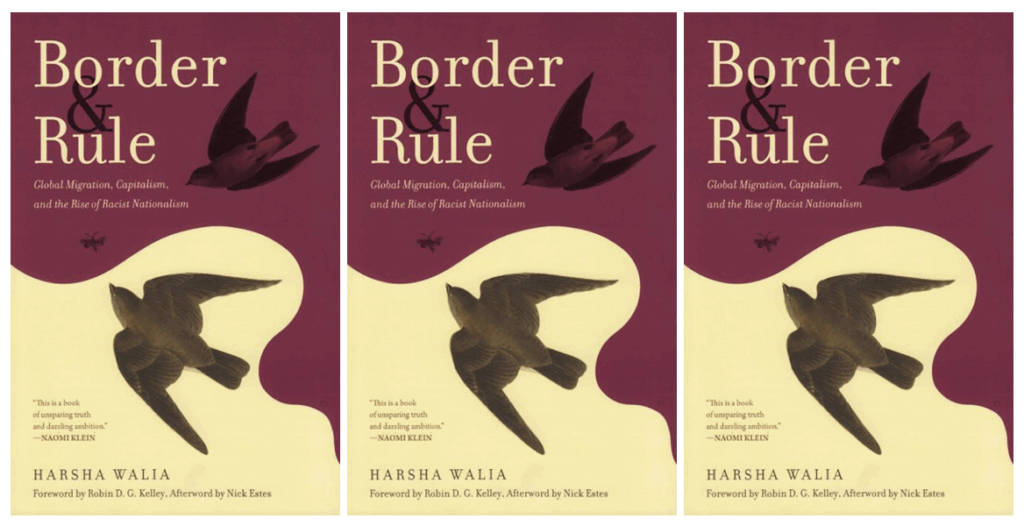
13) Stay True: A Memoir (2022) by Hua Hsu
Why Now: A Pulitzer-winning memoir that is secretly a sharp work of political and cultural criticism. It’s about identity, friendship, and the slow process of building a self through music, culture, and loss. It captures the feeling of searching for meaning in a late-capitalist world, making the personal profoundly political.

14) The Rebel (1951) by Albert Camus
Why Now: Forget the punk posters; read the philosophy. Camus diagnoses the rebel’s soul, wrestling with the central paradox: how to revolt against injustice without becoming the new tyrant. It’s the profound, ethical anchor for an age drowning in cynical takes & reactionary rage.
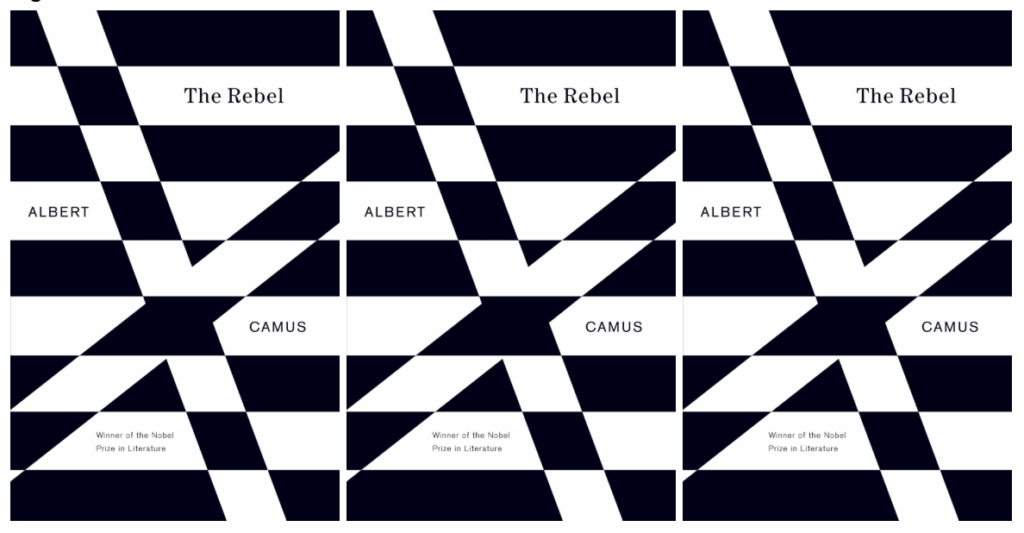
Arm yourself with these, then go be gloriously unmanageable.
Consider this your formal invitation to make some trouble.
Read on.
🔥 📚

